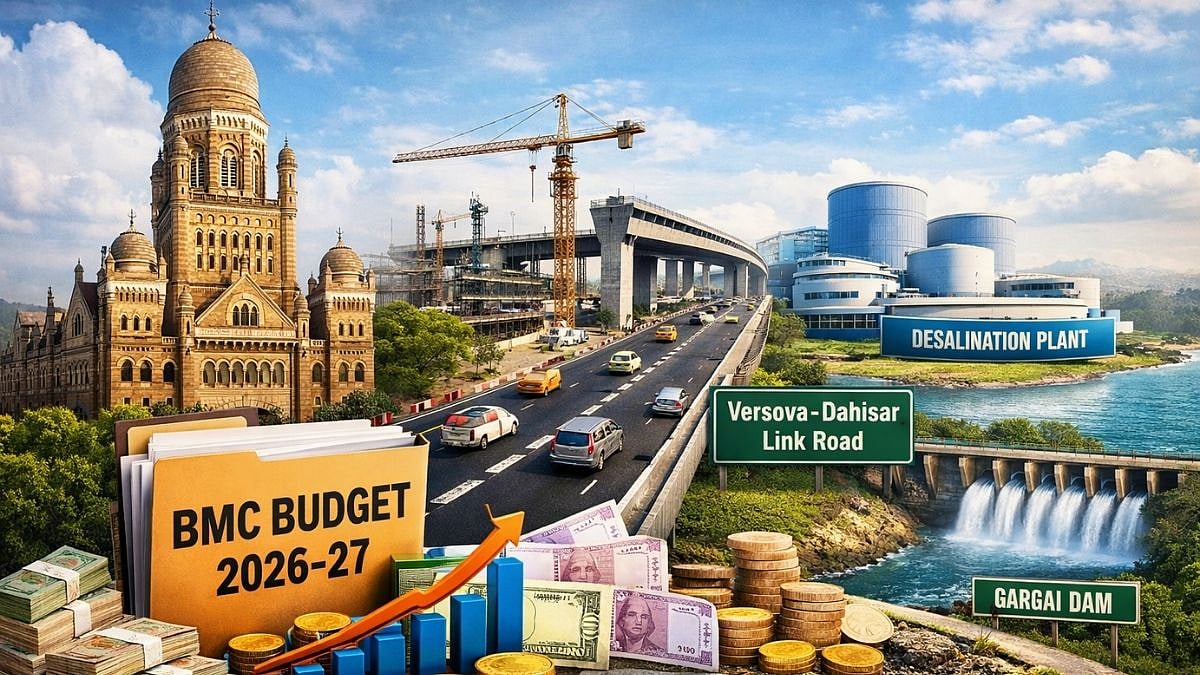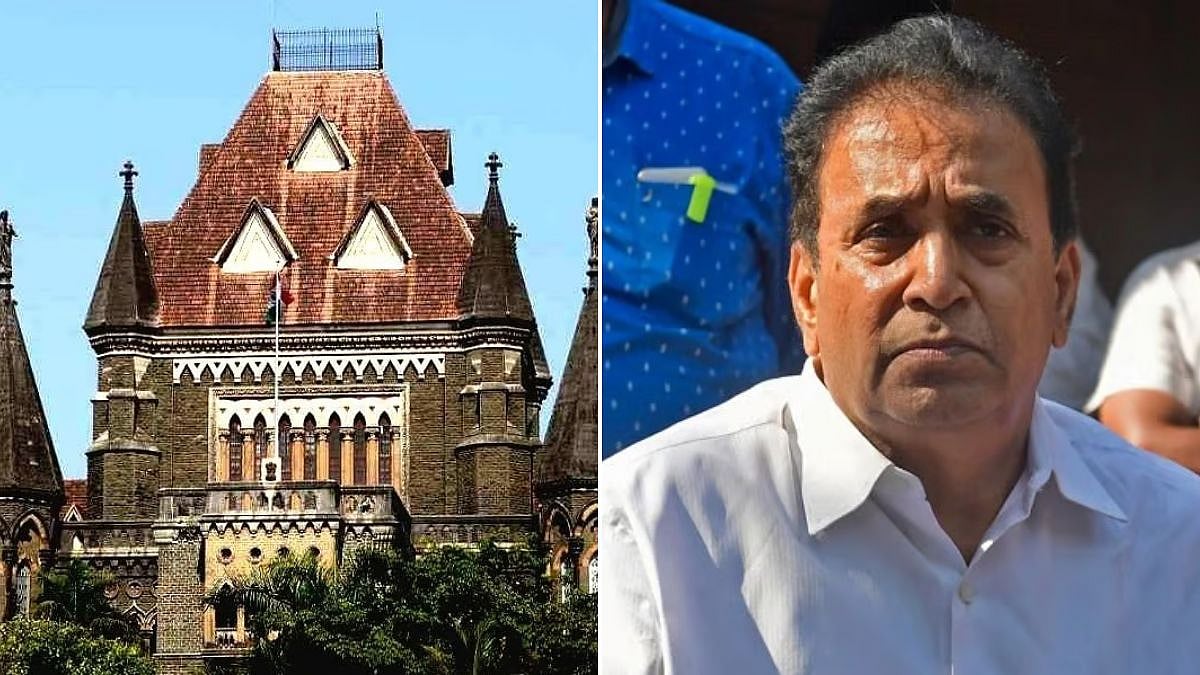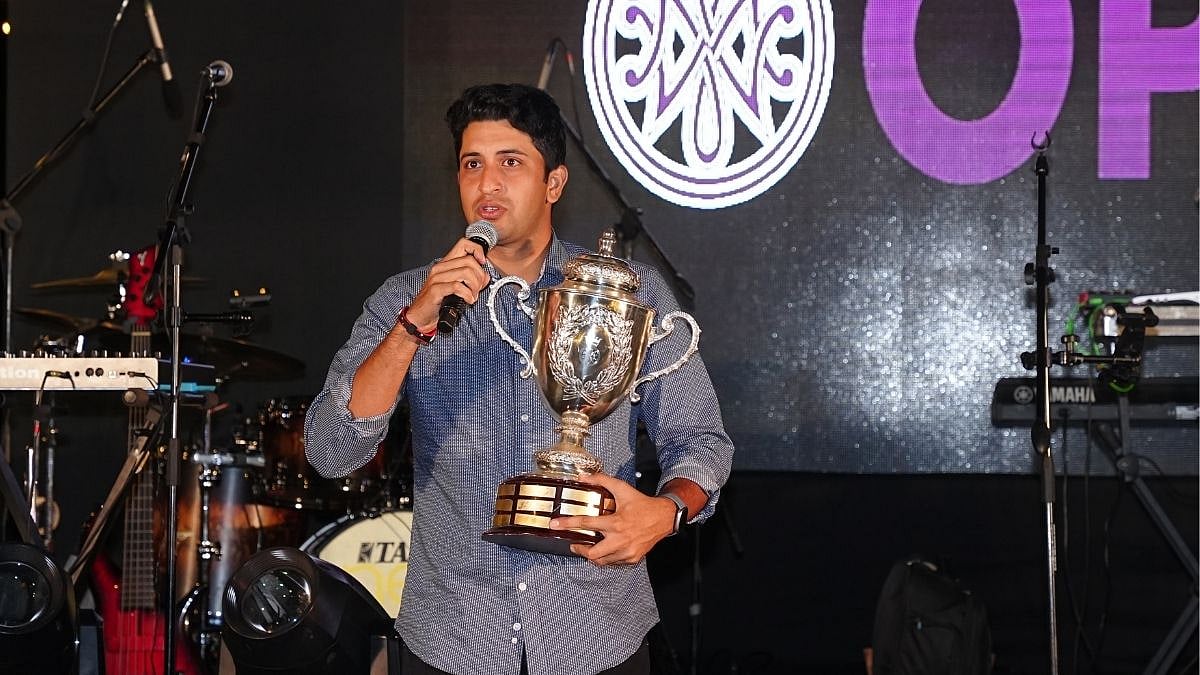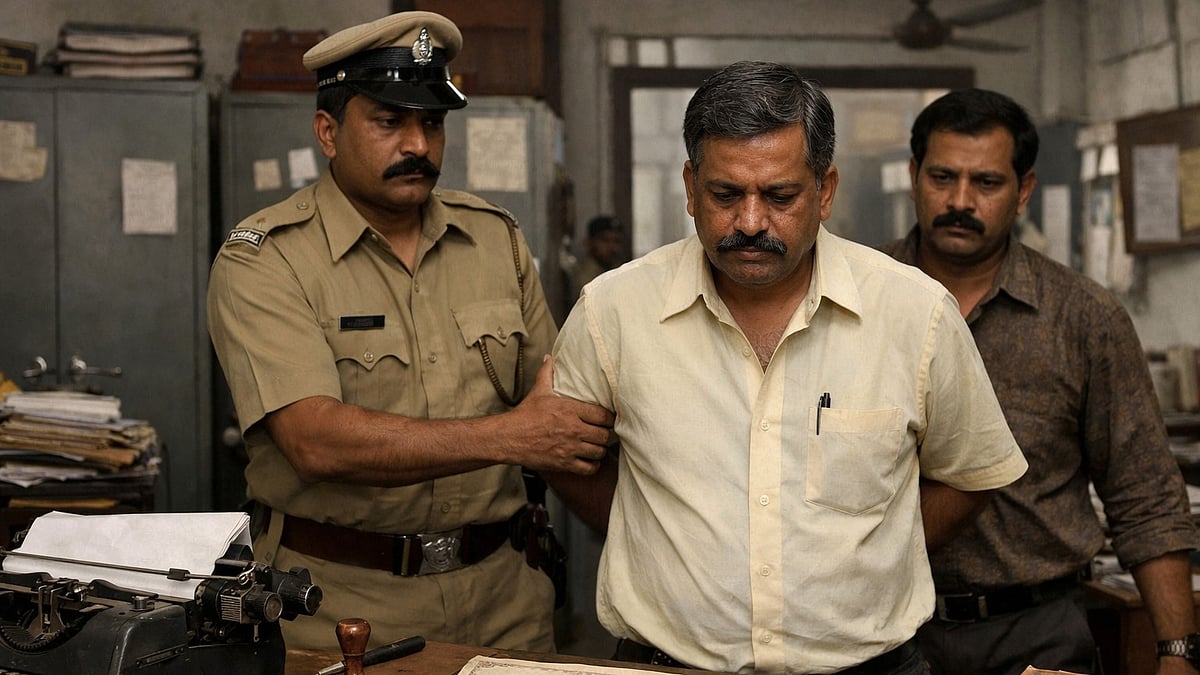Electric scooters catching fire in the middle of the road, leading to deaths and burning down buildings with them, have highlighted the perils of using cheap autoparts in e-vehicles. The Indian government has earmarked Rs 10,000 crore to reward EV makers with production linked incentives, provided that they use only India-made components. But as the government now investigates firms which are using cheaper imported parts, while falsely reporting them as locally sourced to claim benefits, EV maker Avon Cycles has denied allegations of indulging in such practices.
Avon denies claiming any incentives
Avon’s assertion comes after the authorities revealed its name among the firms which are facing scrutiny over misappropriation of incentives. The central government which provides incentives to accelerate adoption and manufacturing of electric vehicles, received a complaint that 12 firms were violating norms to avail of PLIs. Avon Cycles claims that they are currently making low speed two-wheel EVs, and aren’t manufacturing models eligible for incentives under the Faster Adoption and Manufacturing of Electric Vehicles (FAME) scheme.
Government crackdown on 12 firms
Based on this, the firm argues that it hasn’t claimed any incentives under the central government’s programme. The company also added that it has two models in the three-wheeler category that do quality for the scheme, but the sales for those are very low. The government has for now suspended 12 EV makers from claiming incentives under the FAME scheme, following the investigation.
Actions slowing down EV sector growth
As India aims to zoom ahead towards electric mobility, an industry body the Society of Manufacturers of Electric Vehicles, had earlier claimed that the Ministry of Heavy Industries had blocked Rs 1,100 crore in subsidies to EV makers. It had said that such a crackdown on EV firms by authorities, was choking the industry and hampering plans to achieve electric mobility in the country.




